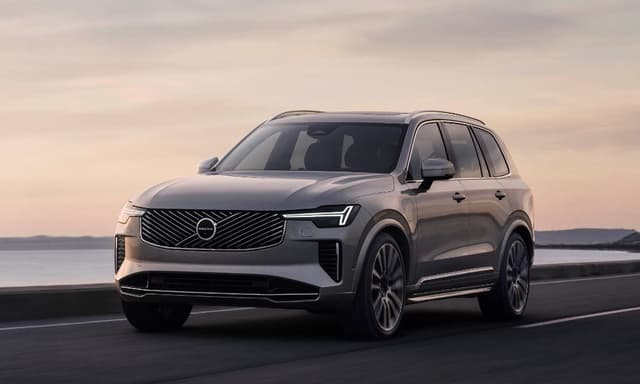3 Cylinder Engine Vs 4 Cylinder Engine: What's Better?

Highlights
- Cars are increasingly adopting 3 cylinder engines nowadays
- The number of cylinders makes a huge difference to the way it works
- Learn everything you need to know about these two types of engines
The shift to 3 cylinder engines is in full swing when it comes to automobiles being manufactured in India. But there's a common misconception among buyers that 3 cylinder cars are disadvantageous compared to 4 cylinder cars because of fewer cylinders. Also that it is only used in budget hatchbacks. However, whether one type of car is better than the other is quite debatable. Today, we're going to clear all the myths related to this matter with a detailed lowdown on both types of engines.
The basics

In case you're wondering what a cylinder does in an engine, it's an actual power unit of the car. This is the chamber where petrol or diesel is burned and converted into mechanical energy that propels the vehicle forward or backward. As you can guess, a 3 cylinder engine has three cylinders inside it and a 4 cylinder engine has four. The power output depends on the firing order, or the sequence of ignition of each of the cylinders present inside the engines, and this is what differentiates both these types of engines.
Advantages of 3 cylinder engines

Photo Credit: upload.wikimedia.org
- Compact size: Having one cylinder less to accommodate gives manufacturers the advantage of having more space in the engine bay. This also means that the remaining space can be utilized for increasing cabin space.
- Better fuel efficiency: The fewer the cylinders, the lesser the area for metal-to-metal contact and the lesser such contact, the better the fuel efficiency of the car. The same also applies to the lower number of joints that are part of 3 cylinder engines compared to 4 cylinder engines.
- Less raw material usage: The fewer the number of cylinders, the lesser the total material required to manufacture the engine. This gives a big advantage to the manufacturer in terms of cost savings that they can they transfer towards lowering the price of the car.
- Lighter weight: This is a pretty straightforward advantage. An engine with three cylinders will obviously weigh less than an engine with four cylinders. This leads to a lower kerb weight for the car, which is good news for its fuel efficiency.
Advantages of 4 cylinder engines

Photo Credit: upload.wikimedia.org
- Better refinement: Engines work on a simple 4-stroke principle that involves intake, compression, power, and exhaust. The number of these strokes is equal to the number of cylinders in 4 cylinder engines and hence there is more balance in their operations. While a 4 cylinder engine generates power after every 90-degree rotation of the crankshaft, a 3 cylinder engine makes power after every 120 degrees. This gap leads to noisier operations, which are seldom observed in 4 cylinder engines.
- Equal power distribution: 3 cylinder engines have an area of no firing in their cycle when the crankshaft is rotating on the momentum generated by the flywheel. This means, at lower RPMs, a 3 cylinder engine can't generate much power. On the other hand, a 4 cylinder engine does not face this problem since there is no lag in the firing order.
So which is the better engine here? The answer is neither. If its fuel efficiency you want, then the three-cylinder engine is the best bet for you. But if you are looking for engine refinement and punchy performance, then a 4 cylinder engine is the one for you. However, with some carmakers adding turbochargers to their engines, some 3 cylinder engines too are delivering somewhat punchy performance.
Latest News
- Home
- News
- Auto Industry
- 3 Cylinder Engine Vs 4 Cylinder Engine: What's Better?













